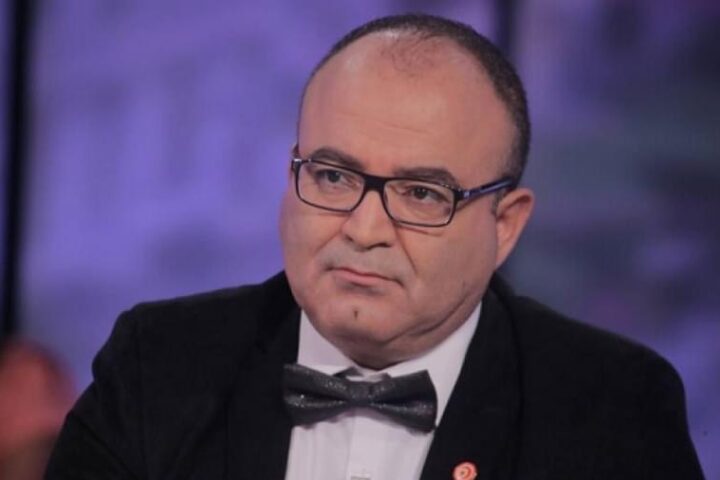The International Commission of Jurists (ICJ) condemns the detention and prosecution of prominent journalist Mohamed Boughalleb solely for his work reporting on alleged corruption by members of the executive.
On 26 March 2024, the public prosecutor charged Mohamed Boughalleb with “attributing illegal acts to a public official without providing evidence” and “insulting others or disturbing their comfort through public telecommunications networks” under Articles 128 of the Penal Code and 86 of the Telecommunications Code, respectively, and remanded him in custody until the start of his trial on 3 April 2024.
“Whether pursuant to accusations under the Penal or Telecommunication Codes or under Decree-Law 54, the judicial harassment of journalists solely for reporting on alleged unlawful acts by officials is a graphic illustration of the Tunisian authorities’ authoritarian drift – if any was needed – and of their drive to force journalists into self-censorship,” said Said Benarbia, ICJ Middle East and North Africa programme director.
On 22 March 2024, the police arrested Boughalleb in connection with a complaint by a senior official at the Ministry of Religious Affairs regarding statements that he had purportedly made as a journalist during a radio broadcast. The police interrogated Boughalleb despite his lawyer presenting evidence that his client was unwell. Subsequently, the public prosecutor at the First Instance Criminal Chamber in Tunis remanded Boughalleb in custody for 48 hours pending criminal charges.
On 24 March 2024, the public prosecutor extended Boughalleb’s pre-charge detention by a further 48 hours and ordered the police to interrogate him in relation to new, separate allegations under Decree-Law 54. The authorities have used Decree-Law 54 as an instrument to silence free voices, and to retaliate against journalists for legitimately doing their work and exercising their right to freedom of expression on matters of public interest.
On 3 April 2024, since Boughalleb was in hospital until late in the evening, after which he was returned to Mornaguia Prison in west Tunis, his trial took place in his absence. After a five-hour hearing, the presiding judge postponed the hearing until 17 April and rejected a request for Boughalleb’s release.
The ICJ considers Boughalleb’s charges, prosecution, trial and the decisions to remand him in custody to be all clear examples of the executive’s increasingly punitive approach to any perceived dissent, even when such dissent is entirely consistent with the exercise of human rights, such as the right to freedom of expression and, therefore, lawful.
On Friday 5 April, an investigative judge remanded Boughalleb in custody in relation to another complaint against him under Article 24 of Decree 54. However, according to his lawyers, the investigative judge had not even interrogated Boughalleb before remanding him in custody.
Mohamed Boughalleb’s current detention and trial are not the first instances of judicial harassment against him: in April 2023, the authorities had already questioned Boughalleb under Decree-Law 54 in relation to his work as a journalist.
Since July 2021, a growing pattern of prosecutions against journalists in Tunisia has emerged. Among those caught up was Monia Arfaoui, who was questioned in March 2023 under Decree-Law 54 in relation to her work as an investigative journalist. Zied Elheni, a journalist and columnist, was also sentenced to a six-month suspended sentence of imprisonment, on 10 January 2024, on spurious charges following statements he had made that were critical of the Minister of Commerce.
The ICJ calls on Tunisia to cease all arbitrary prosecutions of journalists under Decree 54 and other criminal provisions solely for their legitimate exercise of their right to freedom of expression in the execution of their professional duties.
Contact
Said Benarbia, Director, ICJ Middle East and North Africa Programme, t: +41-22-979-3800; e: said.benarbia(a)icj.org




